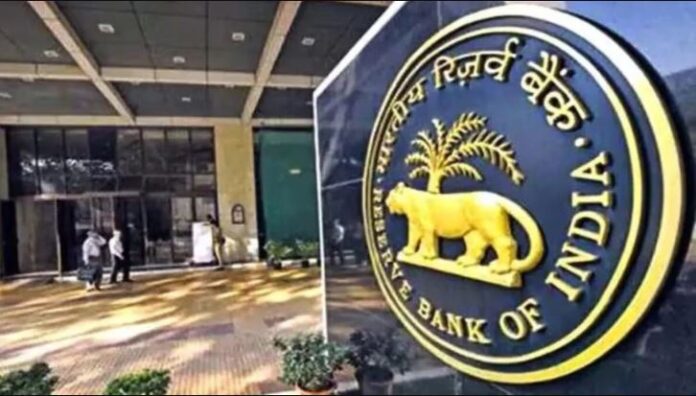RBI Penalty: RBI has imposed a heavy fine on HDFC Bank and NBFC Shriram Finance for ignoring the rules.
RBI Penalty: The Reserve Bank of India has imposed a fine of Rs 4.88 lakh on private sector giant HDFC Bank for violating certain norms related to foreign investment in India while giving loans to its customers. The central bank has also imposed a fine of Rs 2.70 lakh on non-banking finance company (NBFC) Shriram Finance Limited for non-compliance with certain provisions of the ‘Reserve Bank of India (Digital Lending) Directions, 2025’. However, these fines will not have any effect on the account holders of the bank.
The bank violated the rules
Regarding the penalty on HDFC Bank, the RBI said that it had issued a ‘show cause notice’ to the bank, in response to which the bank had given a written reply and also given an oral explanation. RBI said, after considering the facts of the case and the reply given by HDFC Bank Limited, the Reserve Bank of India (RBI) came to the conclusion that the violations have been proved and it is appropriate to impose a penalty.
Why was Shriram Finance fined?
A statutory inspection of Shriram Finance was conducted by RBI with reference to its financial position as on March 31, 2024. Based on the supervisory findings of non-compliance with the instructions of the central bank and the related correspondence in that regard, a notice was issued to the company. The notice asked it to show cause as to why it should not be fined for non-compliance with the said instructions.
After considering the company’s reply to the notice, additional clarifications submitted by it and oral clarifications made during the personal hearing, the RBI said that the following allegations were found to be true against the company, which required imposition of monetary penalty.
RBI said that the company made the loan payment through a third party account, while the loan amount was directly deposited into the company’s account. In both cases, the central bank said the penalties were based on deficiencies in regulatory compliance and were not intended to pronounce upon the validity of any transaction or agreement entered into by the entities with their customers.




